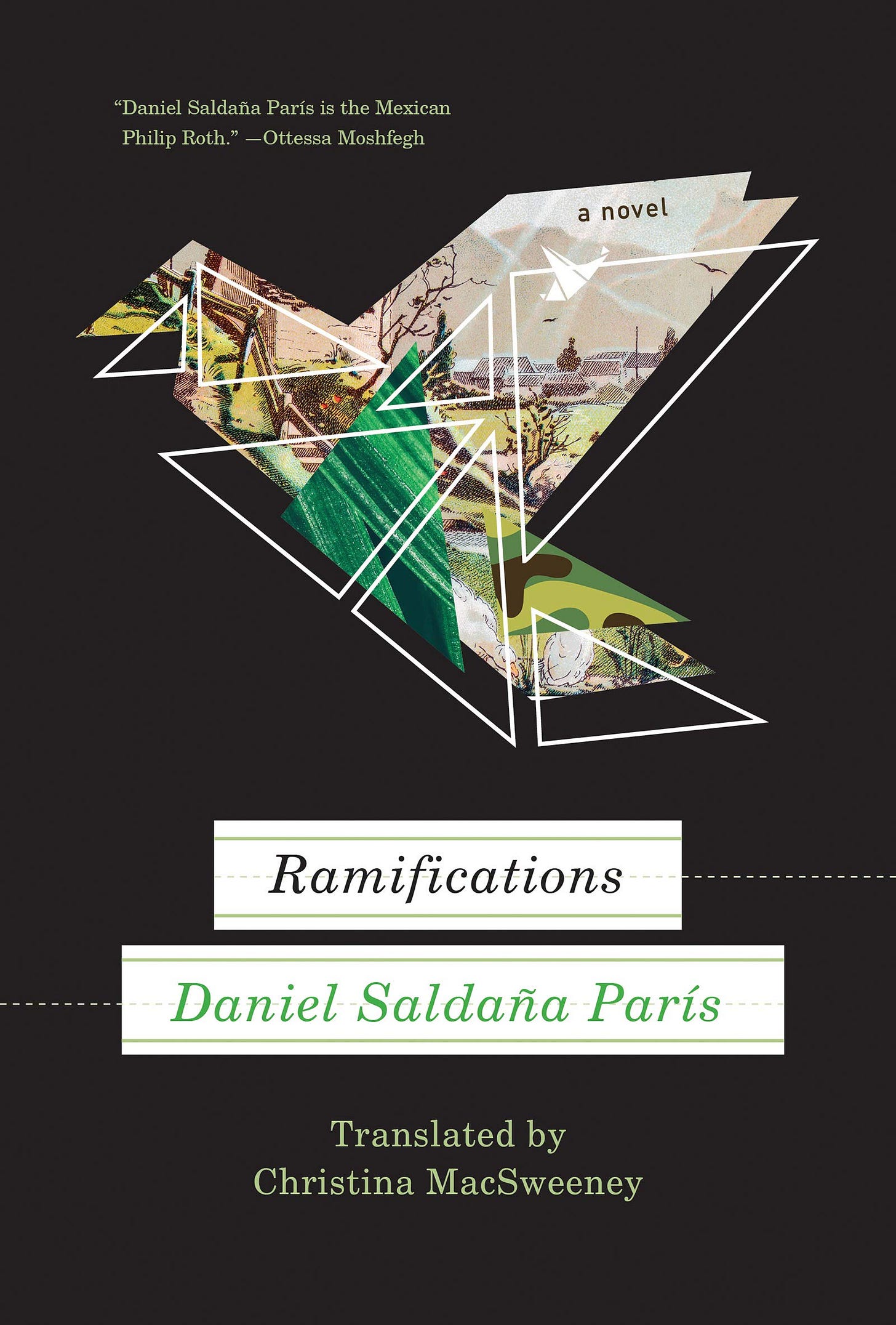Themes: Memories, Mexico City, Family dysfunction, father-son relationship, Zapatista Movement
Read this if: Your mother left your family to join the revolution
Don’t read this if: You are looking for closure
Links to purchase: Charco Press, Amazon
Teresa, my mother, kissed the crown of my head and then turned to Mariana, who received her farewell peck on the cheek without the least show of emotion or any attempt to return the gesture. ‘When your dad gets home, tell him there’s a letter for him on his nightstand,’ she said from the door, in the same robotic voice. Then she left, turning the key behind her. She had no luggage besides the large tote bag my father used to make wisecracks about whenever we went somewhere together: ‘Just what have you got in there? It looks like you’re going camping.’
When he got back in the evening, my father read the letter. Then he sat with us in the living room (my sister was watching music videos while I was trying to make an origami figure) and explained that Mum had gone away. ‘Camping,’ I thought. One Tuesday in July or August 1994, she - my mother, Teresa - went camping.
Only, she hadn’t gone camping Instead, she had taken a bus from Mexico City to Chiapas Mexico, and joined the Zapatista movement (an anti-neoliberal social movement, seeking indigenous control over local resources, especially land).
Thus the scene is set for Daniel Saldaña París’s psychologically-obsessive second novel, Ramifications. The book is told from the perspective of a man who has confined himself to his bed. His days are spent lying in the dark, endlessly replaying moments from his childhood following the disappearance of his mother, 20 years ago. The reminiscences are an attempt to preserve his mother, lest he forget her, and also to unravel the mysteries of what exactly happened that fateful summer, 1994. Interlacing the recollections is the narrator’s rumination on the nature of memory itself; the act of remembering is itself a corruption of the truth: a copy, of a copy, of a copy, etc.
As is the case with most recluses, the memories that the narrator dwells on are not altogether happy ones. They meander from the casual cruelty of children, into the mundanely calculated evil of adults. It is not a cheerful book, although it must be said that it is a fantastically written and translated one. The author uses skill to blend the anxieties of the narrator with passages of vivid description which make you feel like you are really there, witnessing the scenes described, trapped with the narrator inside his own mind. It is one of those books where by the end you feel simultaneously pleased to have read it, and pleased to be done with it.
Readers should know that this is not a book about the Zapatista Movement. The author offers no opinion, and does not espouse ideology. It is simply a story about a ten year old boy, to whom the Zapatista Movement is nothing-more than the immediate cause of his mother’s departure. Rather, the story is focused on the struggle to make sense of something incomprehensible to a child, and the ramifications on the rest of his life.
Discussion about this post
No posts


